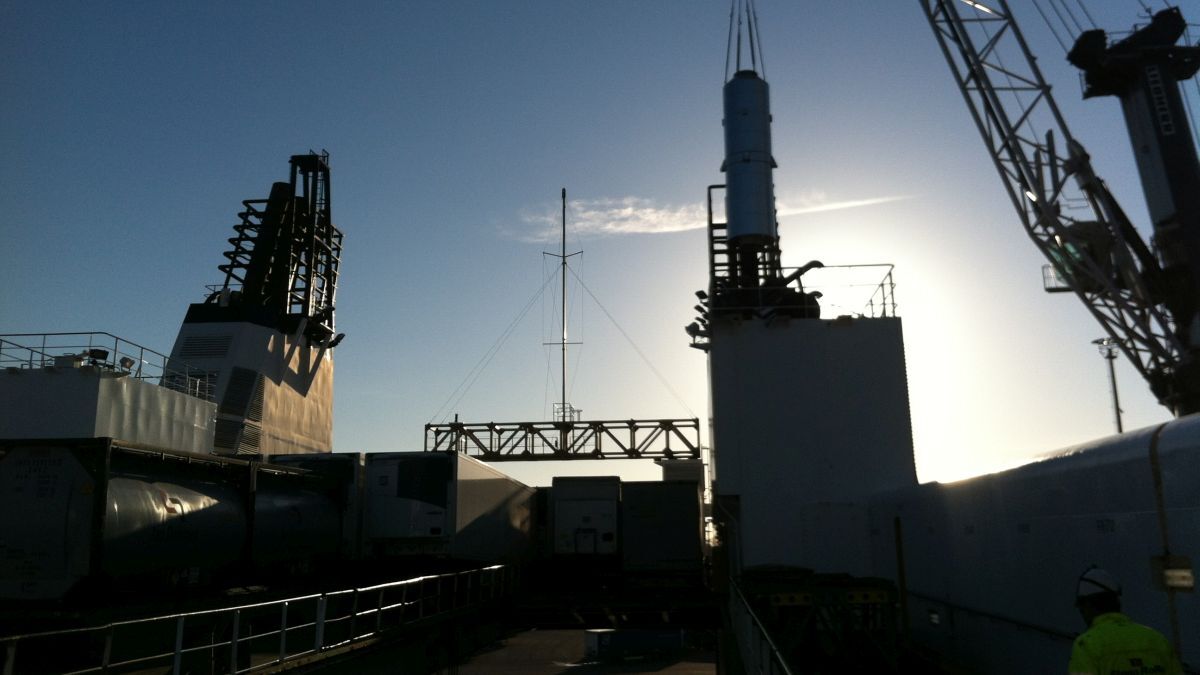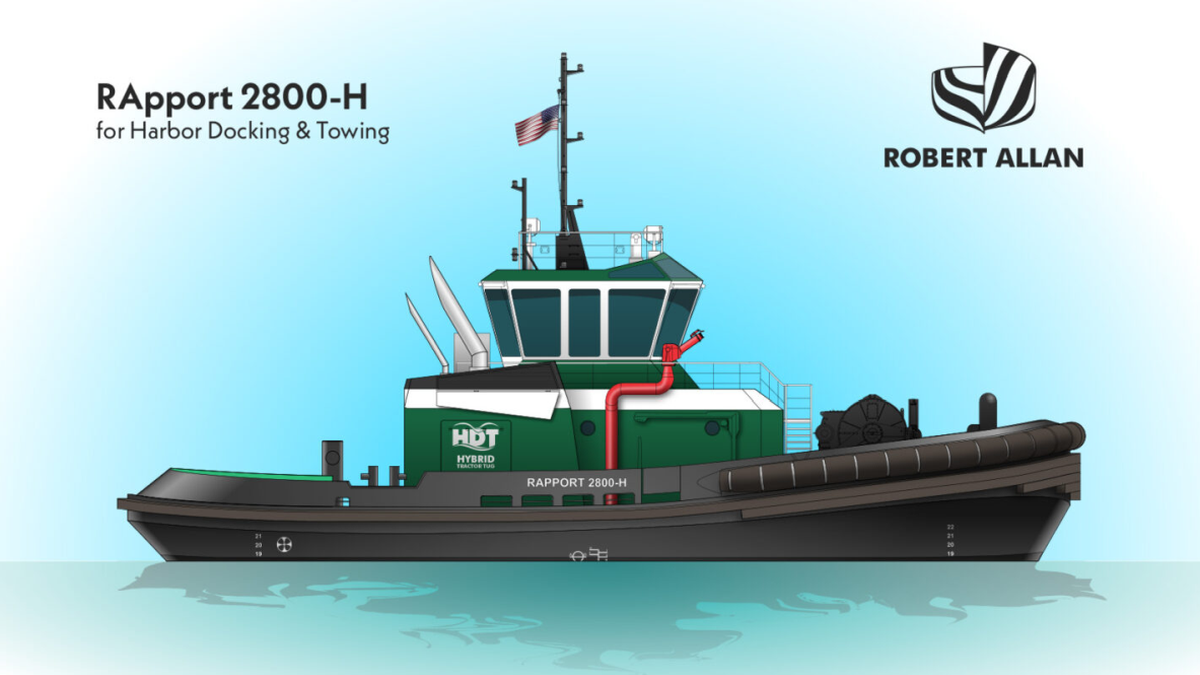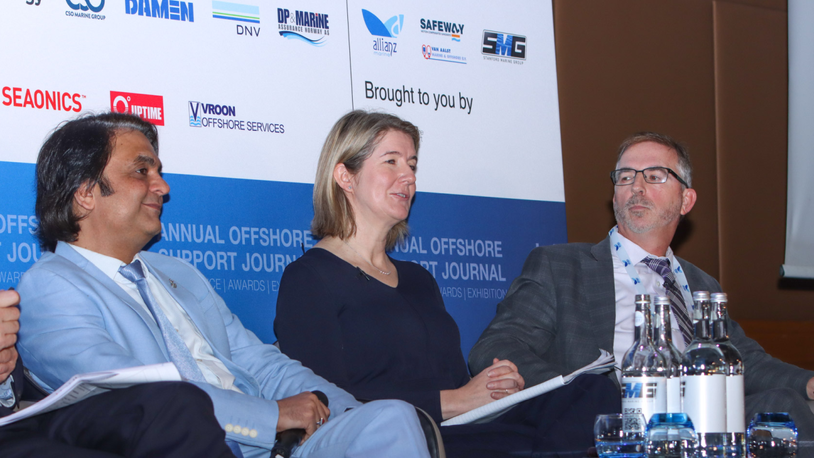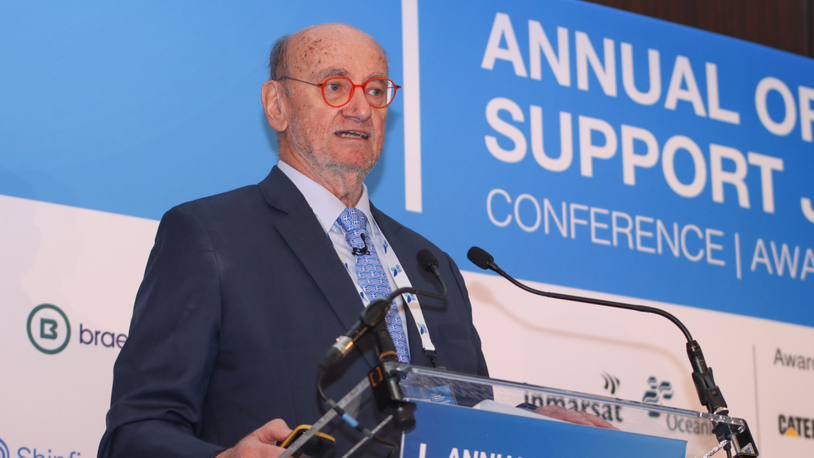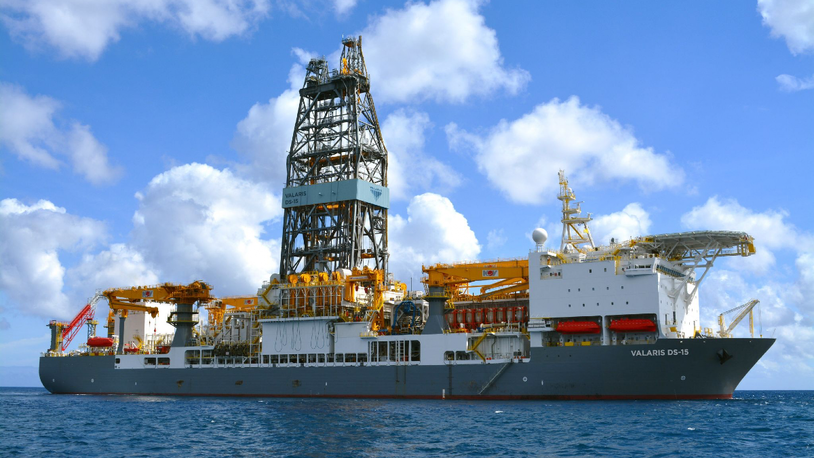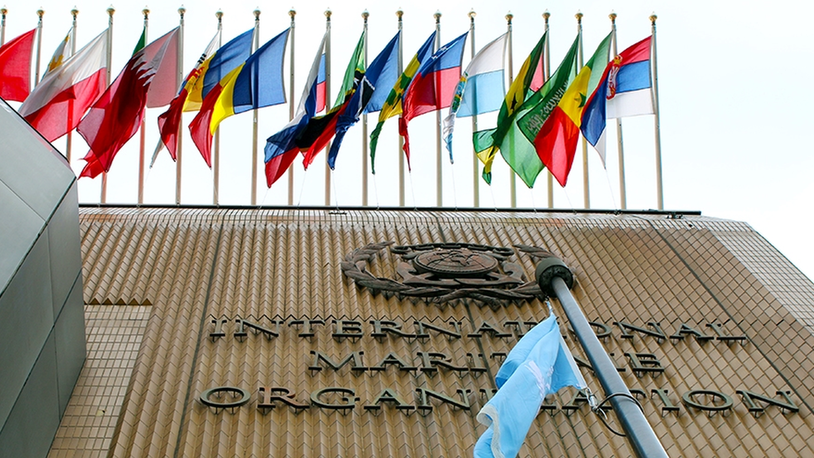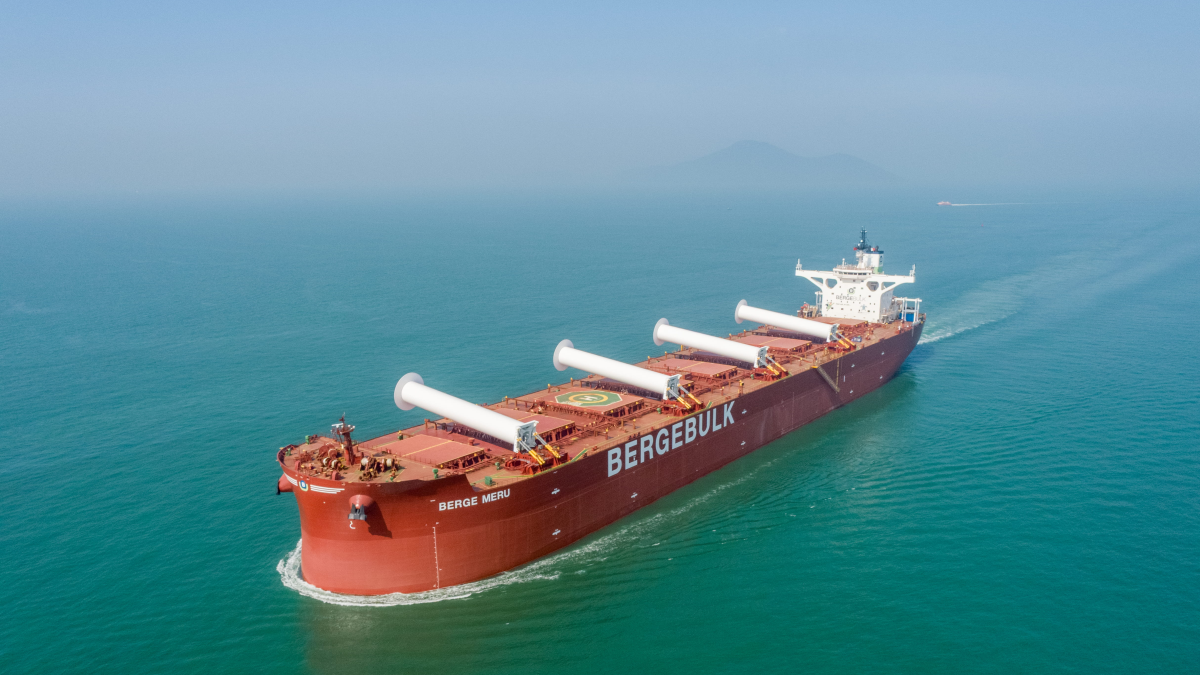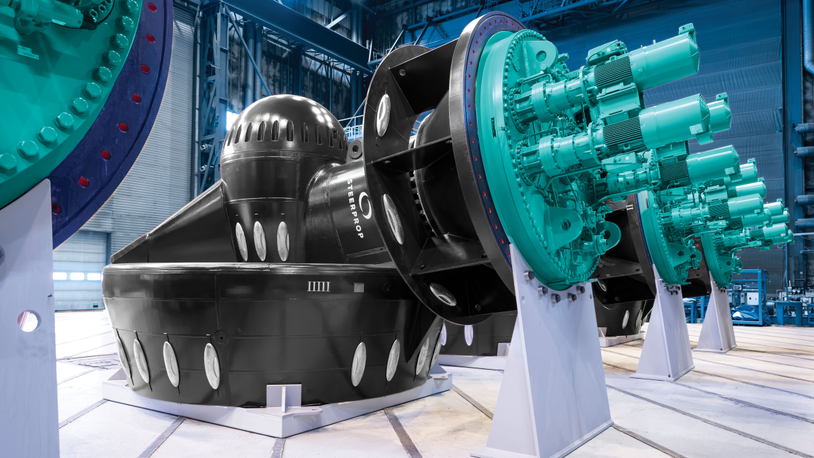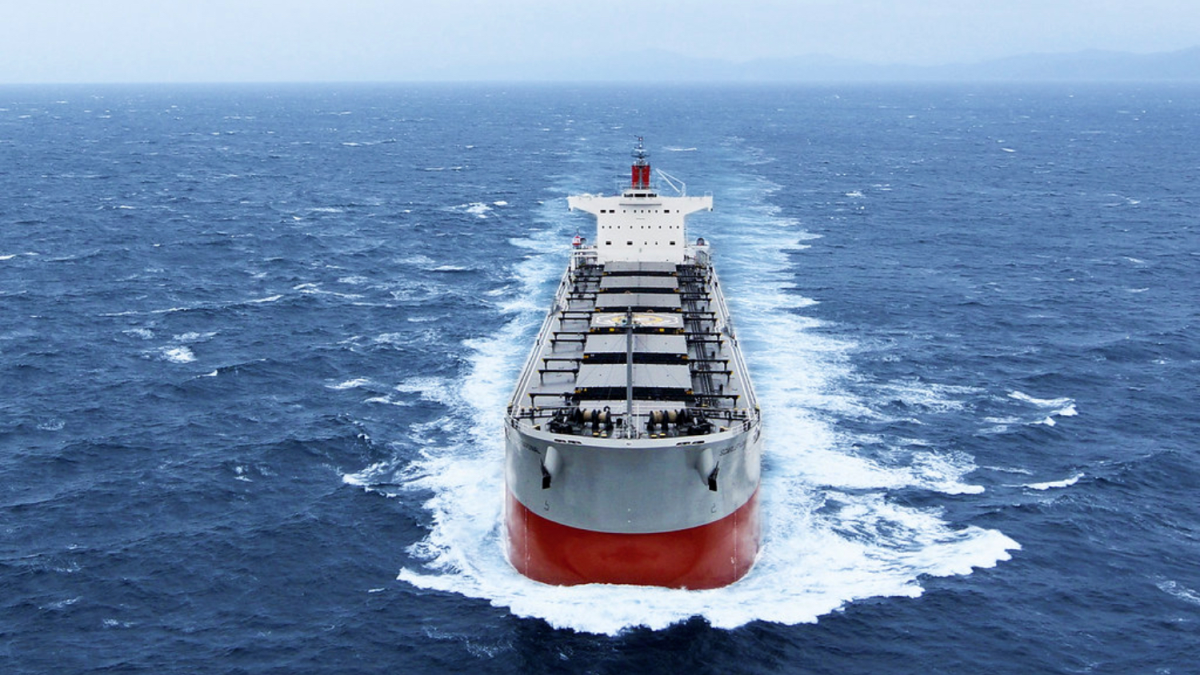Business Sectors
Events
Floating energy: successfully unlocking stranded gas using FLNGs and FSRUs
Contents
European countries target shipping wastewater discharge with new regulations
Finland, Sweden and Denmark have all enacted legislation restricting wastewater discharge along their Baltic Sea coasts, and the OSPAR Commission has agreed to a staged ban on the release of discharge water from ships’ exhaust gas scrubbers in coastal waters
As of 1 July 2025, Finland has banned the discharge into its coastal waters of toilet wastewater, which contributes to eutrophication and the growth of harmful algal blooms, as well as sulphuric exhaust gas washwater and scrubber sludge, making the Baltic Sea country one of the world’s most stringent regulators of water pollution from shipping.
Some, including the non-profit Baltic Sea Action Group (BSAG) foundation, celebrated the expansion of restrictions.
"Requiring ships to discharge wastewater at ports is a simple way to improve the condition of the Baltic Sea and reduce eutrophication," a BSAG policy briefing noted. "The Baltic Sea is particularly sensitive to nutrient loading, which accelerates its eutrophication and threatens its vulnerable ecosystems."
A report by BSAG and Traficom found that ship wastewater discharge contains high levels of fecal bacteria, suspended solids, and nutrients, and "serious deficiencies" were found in the wastewater treatment equipment on ships.
"Finland is the first country in the Baltic Sea region to completely ban wastewater discharge into its territorial waters. However, achieving the desired impacts requires the ban to cover the entire Baltic Sea. In addition to the discharge ban, it is crucial to ensure the proper functioning of the equipment and monitoring systems. Only then can we guarantee that wastewater is diverted to land instead of the sea and, ideally, utilised as a resource within a circular economy," BSAG said.
Bans on discharge from scrubbers expand
As the new rules agreed by Finland’s parliament in December 2024 came in to force, Finland joined fellow Baltic Sea nations Sweden and Denmark in placing restrictions on wastewater discharge from shipping vessels. The restrictions apply only within the countries’ exclusive economic zones in the Baltic Sea, which has become one of the most polluted of the world’s seas.
In April 2024, Denmark agreed to ban scrubber discharge in its coastal waters from 1 July 2025. In the decision, Denmark’s Ministry of the Environment called washwater from scrubbers "a significant source of environmentally hazardous substances in the marine environment".
In 2022, Swedish government agencies proposed a ban on the use of open-loop scrubbers in the country’s coastal Baltic Sea waters.
The Swedish Transport Agency and the Swedish Agency for Marine and Water Management advocated for the open-loop scrubber ban based on data from a scientific study on pollution in the Baltic Sea.
Published in the journal Marine Pollution Bulletin, researchers from Chalmers University of Technology in Gothenburg, Sweden, along with scientists from the Swedish Environmental Research Institute and the Finnish Meteorological Institute analysed direct discharges of bilge water, scrubber washwater, greywater and sewage from maritime vessels.
Data analysed in the study showed open-loop scrubbers discharging what study author Dr Ida-Maja Hassellöv called "disproportionately large emissions of hazardous and acidifying substances into the marine environment".
The data used in the study, from 2018, reflects pollution levels during a time period when the number of vessels using open-loop scrubbers was relatively low, with three to four times more ships in the region now using open-loop scrubbers.
Open-loop scrubbers, the most commonly used exhaust gas cleaning system (EGCS) configuration, discharge emissions residue directly into the sea. Closed-loop scrubbers collect exhaust residues and store the mixture on board for later discharge. Some hybrid scrubber systems allow shipowners to configure their systems as open or closed loop, to meet the differing regulations on discharging washwater in territorial waters.
In the complex web of local, national and regional regulations addressing scrubbers, there are around 50 countries and territories which have some form of ban on open-loop scrubbers operating or discharging in their ports or territorial waters, according to a regularly updated list from North P&I Club’s website.
OSPAR Commission countries to restrict discharge from scrubbers from 2027
Adding to the restrictions on exhaust gas scrubber systems, the European Union and 15 European governments that make up the OSPAR Commission took a decision, the Vigo Ministerial Declaration, on 27 June 2025 that will see member states party to the UN convention-linked commission take a unified approach to implementing restrictions on discharge from scrubbers.
"Expressing serious concern about hazardous discharges from all types of exhaust gas cleaning systems on ships, particularly in coastal zones, OSPAR agreed a staged ban on the release of discharge water from ships’ exhaust gas scrubbers in coastal waters. A roadmap to examine strengthening this by 2027 was also agreed," the commission said.
Scrubber lobby group, the Clean Shipping Alliance (CSA) took umbrage over what it called the creation of a "questionable precedent" by OSPAR.
"Although some authorities are still relying on a precautionary principle to justify EGCS restrictions, this should only be invoked when supported by some scientifically credible evidence; the OSPAR reference studies, however, don’t appear to rise to this level. Also, although it is not clear that they have been considered by OSPAR, there is a large and growing body of credible scientific studies, from many sources, that fully evaluate EGCS discharge water quality, the potential for accumulation, and risk to the environment, including in ports," the CSA said.
CSA chairman Captain Mike Kaczmarek said the CSA wants regulators and scientists from OSPAR member states "to have a thorough technical understanding of their subject before actually initiating restrictions".
"The coming period would be well used by OSPAR members to fill in data gaps by conducting sampling, testing and risk evaluations in their own waters, using standard scientific methods, and not just rely on speculative reports by others," Capt Kaczmarek said.
The European Union (EU) and others have submitted their concerns about the environmental impacts of open-loop scrubber systems’ washwater discharge to IMO’s Marine Environment Protection Committee (MEPC) for consideration. In May 2019, IMO’s MEPC backed an EU proposal to "evaluate and harmonise the development of rules and guidance on the discharge of liquid effluents from exhaust gas cleaning systems, including conditions and areas".
At the April 2025 MEPC meeting, IMO invited interested member states and international organisations to submit new proposals on regulatory measures for scrubbers that would be scheduled for review by the pollution prevention and response sub-committee PPR 13 in early 2026.
The committee requested the re-establishment of the Joint Group of Experts on the Scientific Aspects of Marine Environmental Protection Task Team on EGCS to develop a standard methodology for the development of data sets and calculation of emission factors for use in the environmental risk assessment of discharge water from EGCS, with a view to reporting its findings to PPR 13.
OSPAR expands maritime protection area
Among other actions in the adoption of OSPAR’s Vigo Ministerial Declaration, ministers also agreed to extend the OSPAR maritime area by over 2.5M km² to include Macaronesian waters, encompassing the Azores, Madeira and the Canary Islands.
"This historic decision brings these biodiversity-rich areas under OSPAR protection, recognising the critical importance of regional co-operation," the commission said.
OSPAR called the Vigo Ministerial Declaration, "an ambitious and shared political commitment to accelerate progress in response to the triple planetary crisis of climate change, biodiversity loss and pollution".
Sign up for Riviera’s series of technical and operational webinars and conferences:
- Register to attend by visiting our events page.
- Watch recordings from all of our webinars in the webinar library.
Related to this Story
Events
Maritime Regulations Webinar Week
Floating energy: successfully unlocking stranded gas using FLNGs and FSRUs
© 2024 Riviera Maritime Media Ltd.


